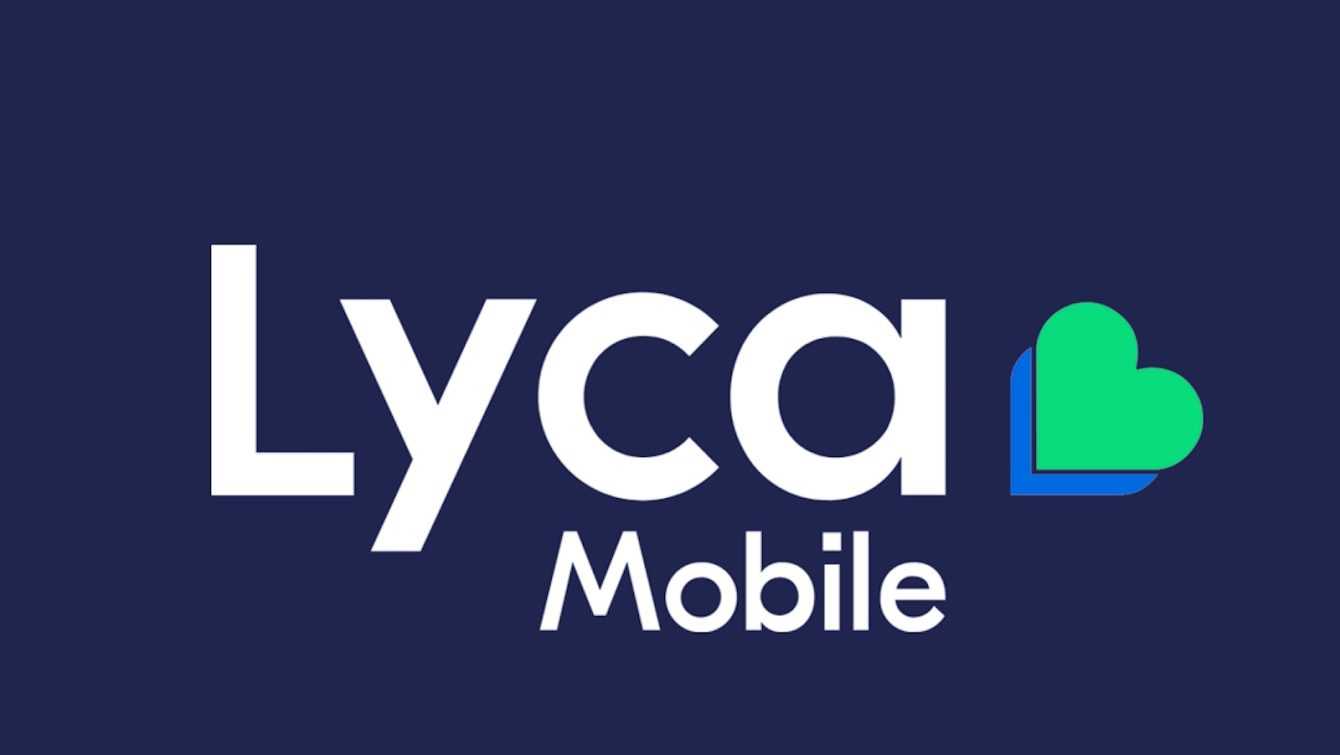Even in the world of healthcare systems, Artificial Intelligences are increasingly being introduced: in this article we want to examine the contribution of Lyca Mobile
Since its launch in 2006, Lyca Mobile has grown to become the world’s largest international mobile virtual network operator, with a new customer added every two seconds and an existing customer base of over 16 million users. This article explores how technological advances and innovations in mobile technology are disrupting and transforming the healthcare industry.
Today, in countries around the world, modern healthcare systems are struggling to bear the weight of enormous challenges exacerbated by the COVID-19 pandemic, the global population explosion and the spiraling rise of lifestyle diseases.
The good news is that AI is paving the way for intelligent workflows and processes for make healthcare more effective, accessible, personalized and fair. According to many experts, the healthcare industry could prove to be the sector most affected by the enormous advantages brought by the fourth industrial revolution.
In a recent Forbes article, Tom Lawry, national director of AI for health and life sciences at Microsoft, suggested that healthcare executives don’t necessarily need to understand how AI works, but they need to understand its power and understand how it can help them provide personalized care to people more effectively and compassionately. An example is the government of Singapore, which is currently developing deep algorithms that use machine learning to help manage the health of diabetes patients. After mining data from around five million citizens to identify those who are prediabetic, the Singapore government has recruited volunteers to participate in a program that sees participants receive daily notifications highlighting what they can do to lower their blood sugar and take care of your health. This highly personalized advice has proven extremely effective in slowing participants’ progression from pre-diabetic to diabetic.
While AI looks set to influence the work of many healthcare professionals, experts are skeptical that machines will completely replace human healthcare workers. As Tom Lawry indicates, while AI is good at things like pattern recognition and sifting through huge amounts of data to find something that humans can’t find or would take years to find, man is great with common sense, wisdom, empathy and creativityall fundamental elements in the treatment process.
Lyca Mobile: digital intelligence and the future of healthcare
With the launch of LycaHealth, Lycatel invites UK citizens to enjoy state-of-the-art facilities at its clinics in Orpington and Canary Wharf. Today in the UK around a third of the population does not know the name of their GP. LycaHealth aims to change this by allowing users to choose a private GP and, in many cases, make a same-day appointment to discuss their health concerns. LycaHealth customers are seen face-to-face by a knowledgeable and welcoming GP, who can help them with everything from diagnosis to lifestyle advice.
Additionally, LycaHealth also offers a walk-in x-ray service at both its Orpington and Canary Wharf clinics, with a maximum waiting time of around 30 minutes for scans Monday to Friday, 8.30am to 5pm. Both clinics also offer same-day MRIs, using a state-of-the-art 3.0T MRI scanner, providing customers with detailed and accurate results, with short turnaround times in a COVID-19 safe environment. Customers can book an MRI with LycaHealth with or without referral at both clinics.
LycaHealth offers one full spectrum of health servicesincluding breast care, mental health, fertility and pregnancy, neurology clinic, dermatology, liver health, diet and nutrition, audiology, ENT, diagnostic imaging, orthopedics, diabetes clinic, cardiovascular, pain management, analytics blood, men’s health, women’s health and digestive health, as well as corporate health and wellness.
According to a document published by the US National Library of Medicine, the potential for AI in healthcare is vast. The increasing amount and complexity of data in modern healthcare offers enormous possibilities for applying AI across the industry to make processes faster and more efficient, while reducing costs.
Precision oncology and smart onesies for newborns are some of the innovative ways in which AI could be leveraged to transform data into useful information. Applied correctly, AI has enormous potential in diagnosing and treating patients, performing tasks with greater efficiency and precision, and analyzing vast amounts of information, supporting human healthcare workers by providing them with all the data they need. they need and enabling them to make more informed decisions.
Different types of AI are already used by healthcare providers and life sciences companies. The main categories of AI applications include diagnosis and treatment recommendations, administrative activities and patient involvement and adherence. However, while AI is capable of completing some healthcare tasks as well as or even better than humans, large-scale automation of healthcare professionals’ jobs is incredibly unlikely, at least in the near future.
Continue to follow us here on TechGameWorld.com!
















Leave a Reply
View Comments